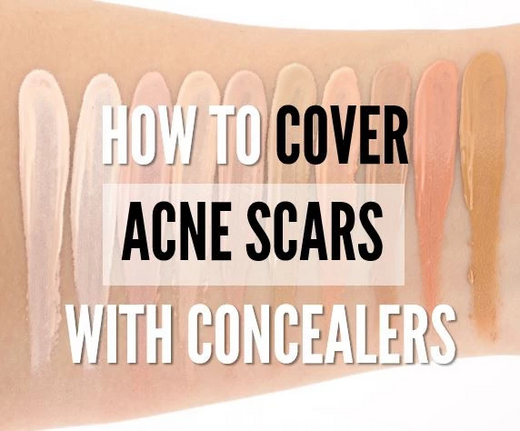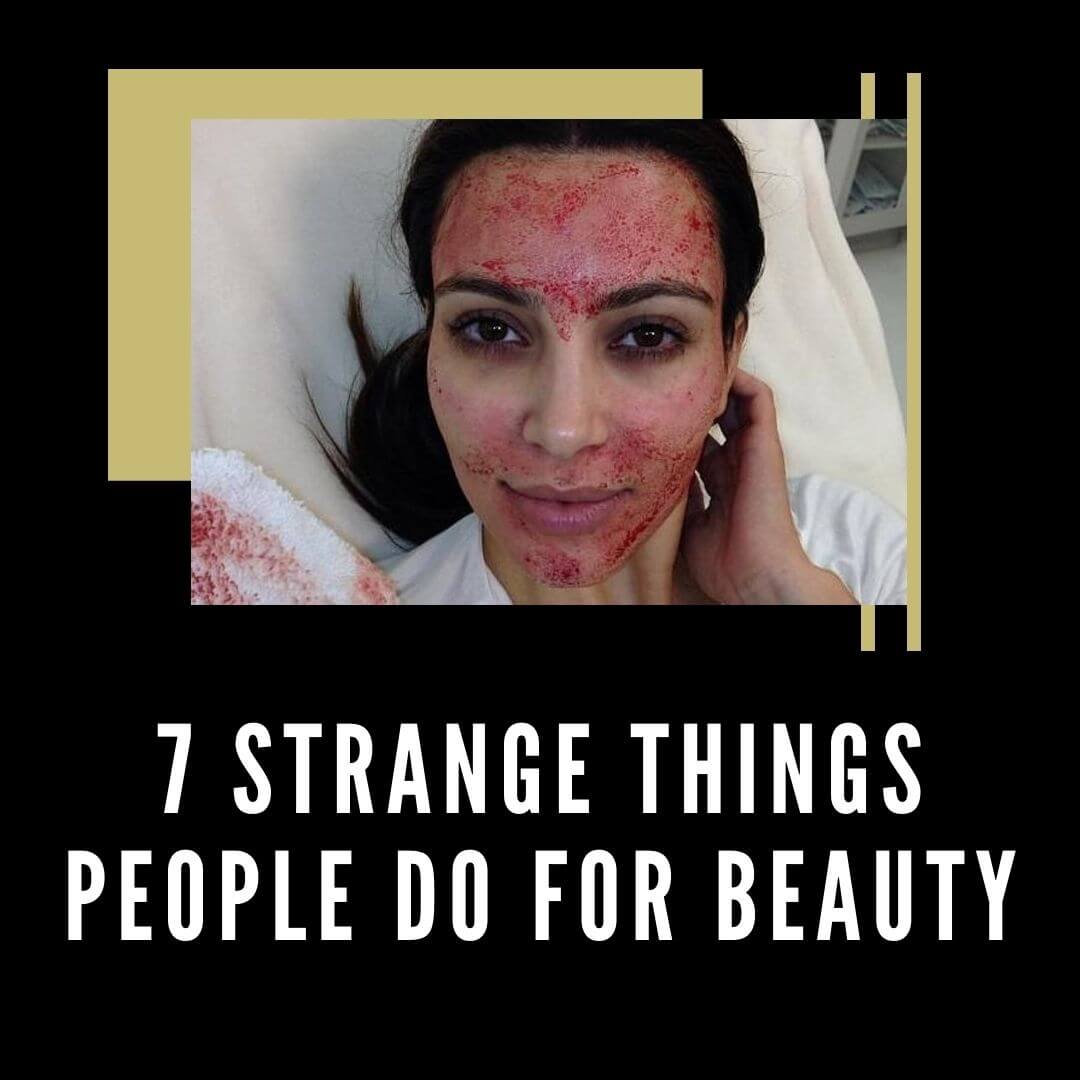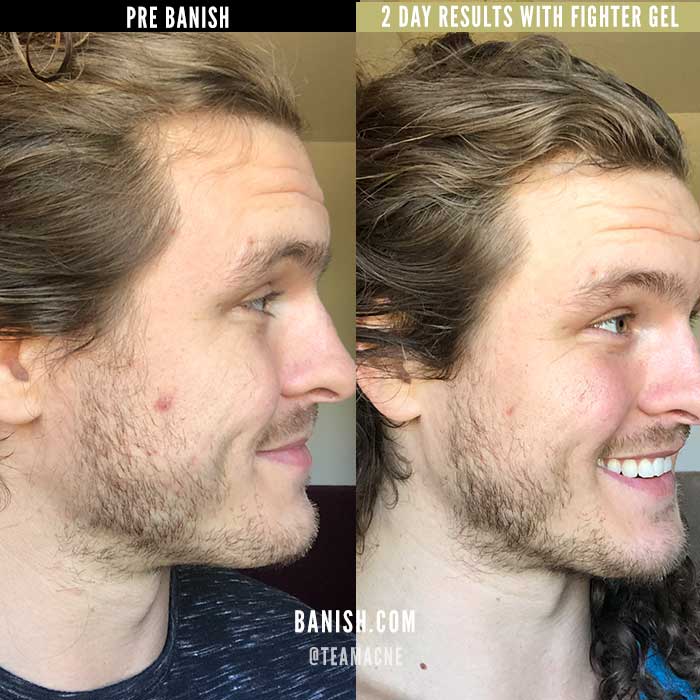By Samantha Rizzo
Acne isn’t a problem of dirty skin and junk food, it’s a complex, multi-faceted skin condition with many variables.
Each person who is affected by acne is a little different than the next, but many of us share some common underlying causes.
When discussing teenage acne, the cause is usually pretty obvious: changing sex hormones coupled with the body’s interaction with its environment. But when adult acne is the issue, the causes aren’t always so obvious.
One thing is for certain, as we age, adult acne becomes more of a concern.
WHAT'S THE ISSUE WITH ACNE AND DIABETES?
Are you surprised? I personally wouldn’t have thought that acne would also be linked to diabetes. Diabetes can affect parts of the body, including the skin. Those problems can be indicators that a person has diabetes.
Anyone can have these skin problems but those who have diabetes can get them easier like:
- Bacterial infections
- Fungal infections
- Itching - an itchy rash may develop, dry scaly skin, or a white discharge that looks like cottage cheese. Caused by high glucose.
Some of the skin problems and soft tissue infections happen mostly or only to those with diabetes. These are some of them:
- Acanthosis nigricans - a dark patch (or band) of velvety skin on the back of your neck, armpit, groin, or elsewhere. Feels like velvet.
- Diabetic dermopathy (shin spots) - causes spots (and sometimes lines) that create a barely noticeable depression in the skin.
- Necrobiosis lipoidica diabeticorum - Yellow, reddish, or brown patches on your skin.
- Allergic reactions
- Diabetic blisters (bullosis diabeticorum) - tend to form on the hands, feet, legs, or forearms and look like the blisters that appear after a serious burn but is not painful.
- Eruptive xanthomatosis - These bumps usually look like pimples but unlike pimples, they will soon develop a yellowish color. Usually found on the buttocks, thighs, crooks of the elbows, or back of the knees. They can still form anywhere though.
- Digital sclerosis - hard, thickening skin on the fingers, toes or both.
- Xanthelasma - yellowish scaly patches on and around your eyelids.
- Granuloma annulare - controversial if related to diabetes. It causes bumps and patches that may be skin-colored, red, pink, or bluish purple.
Men and women who have adult acne are more likely to suffer from something called insulin resistance, as well as a higher fasting glucose level.
Consequently, these are also signs of pre-diabetes.
Although the connection between acne and diabetes may not be so clear, it becomes easier to understand once we look at the causes of each.
Diabetes is a condition that occurs when the body is unable to transform glucose into energy. This either occurs because the body doesn’t produce enough insulin (type 1) or because the process isn’t functioning properly (type 2). The body’s blood sugar becomes high, and cannot process it.
But what does all of this have to do with acne? It turns out, insulin also plays an important role in acne and skin health. Insulin resistance is a pre-diabetes condition where the body cannot use insulin efficiently and convert glucose to energy.
The main points as to how sugar affects the skin are: sugar triggers inflammation and binding to collagen, degrading skin cells.
A diet or lifestyle that increases the body’s insulin response can lead to hormonal changes in the body, which can then appear on the skin. These can take the form of acne pimples, as well as rashes and dryness.
Given this connection, and the fact that one third of all diabetes have acne, many doctors are worried that adult acne could be an early warning sign for diabetes.
THE SYMPTOMS
Acne alone is not enough to suggest that diabetes or hyperinsulinemia are the cause. Several other symptoms must be present, and hyperinsulinemia is simple to diagnose by your doctor.
Your issue may be acne and diabetes if:
⦁ You eat a diet high in sugar, salt, and processed foods
⦁ You have stubborn, resistant adult acne
⦁ You have acne that seems to improve with dietary intervention
⦁ You have very dry skin
⦁ You have high blood sugar
⦁ You have skin that takes a long time to heal
⦁ You are prone to skin infections
If you’re nodding your head to several of these, see your doctor for an appropriate evaluation.
WHAT CAN I DO?
People with prediabetes and diabetes who have acne often have a hard time getting it under control, but that doesn’t mean it’s impossible to do.
For both acne and diabetes, doctors primarily recommend a major dietary shift. This often means following a low-glycemic diet, which has been shown to have small but clinically significant effects on blood sugar and the skin.
This also means reducing consumption of refined carbs and processed foods, and eating a diet high in fiber (both soluble and insoluble).
Being active on a regular basis and increasing water consumption are both important for acne and diabetes, as well as reducing abdominal fat.
If you have adult acne it doesn’t mean you have prediabetes or diabetes. The best thing to do is to make smarter and healthier choices. Choose fruits and vegetables that will not cause spikes in your insulin production. You may also take a look at the glycemic index chart for different foods as a reference.
However, if you have other concerning symptoms of comorbidity, it will be important to address the underlying cause of the issue if you want clear skin.
Have you ever experience acne and diabetes? What did you do? Let us know below!




























2 comments
JUAN SANCHEZ
I have what appears to be dark scars of pimples on my nose which is very distressing for my age I don’t know what to do I wish I could hide from the world but I do have a job so what can I do to hide this curse.
Rosie Jackson
Very Very troubling acne due diabetes
The acne is very severe Please help
Leave a comment
All comments are moderated before being published.
This site is protected by hCaptcha and the hCaptcha Privacy Policy and Terms of Service apply.